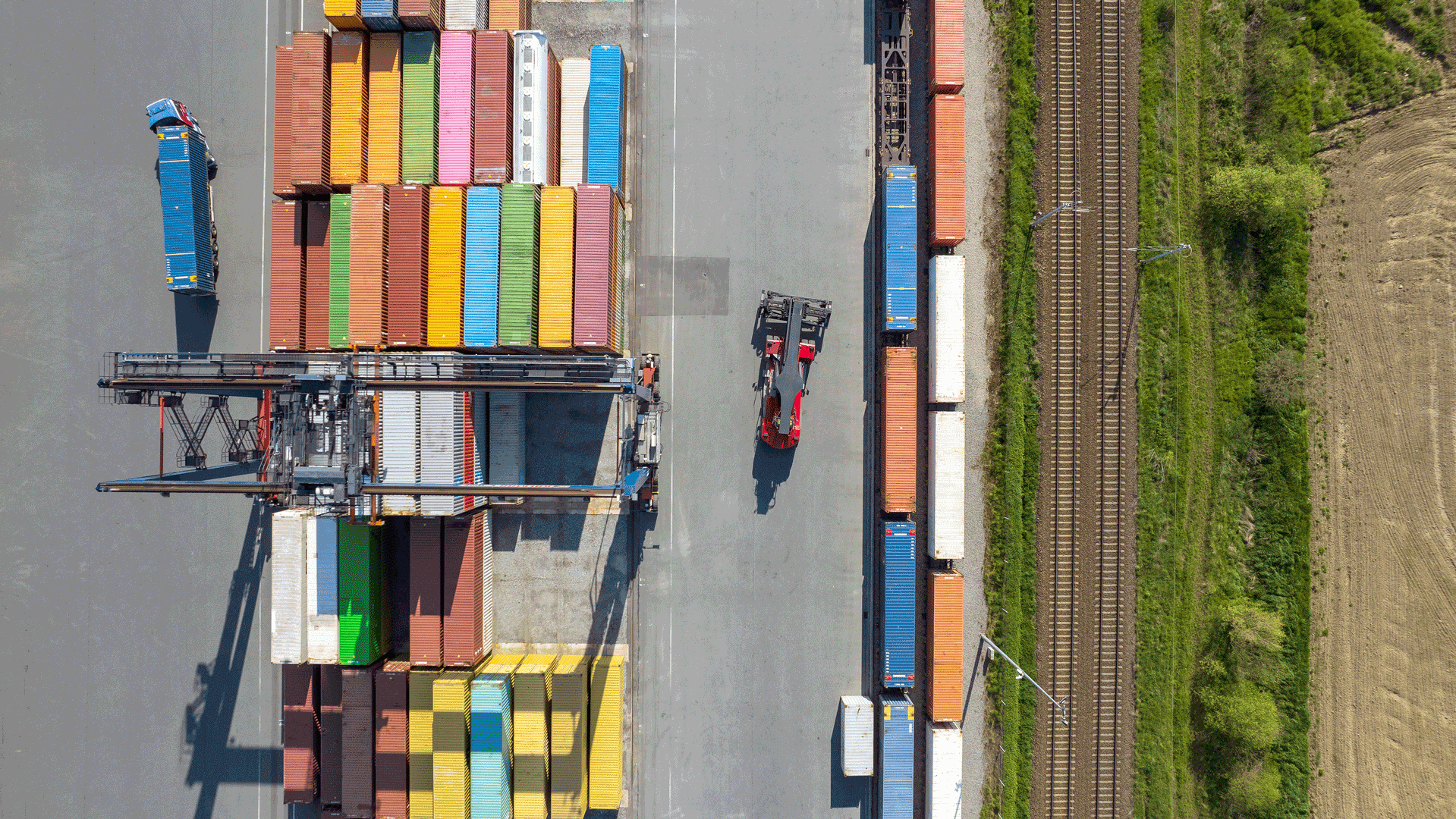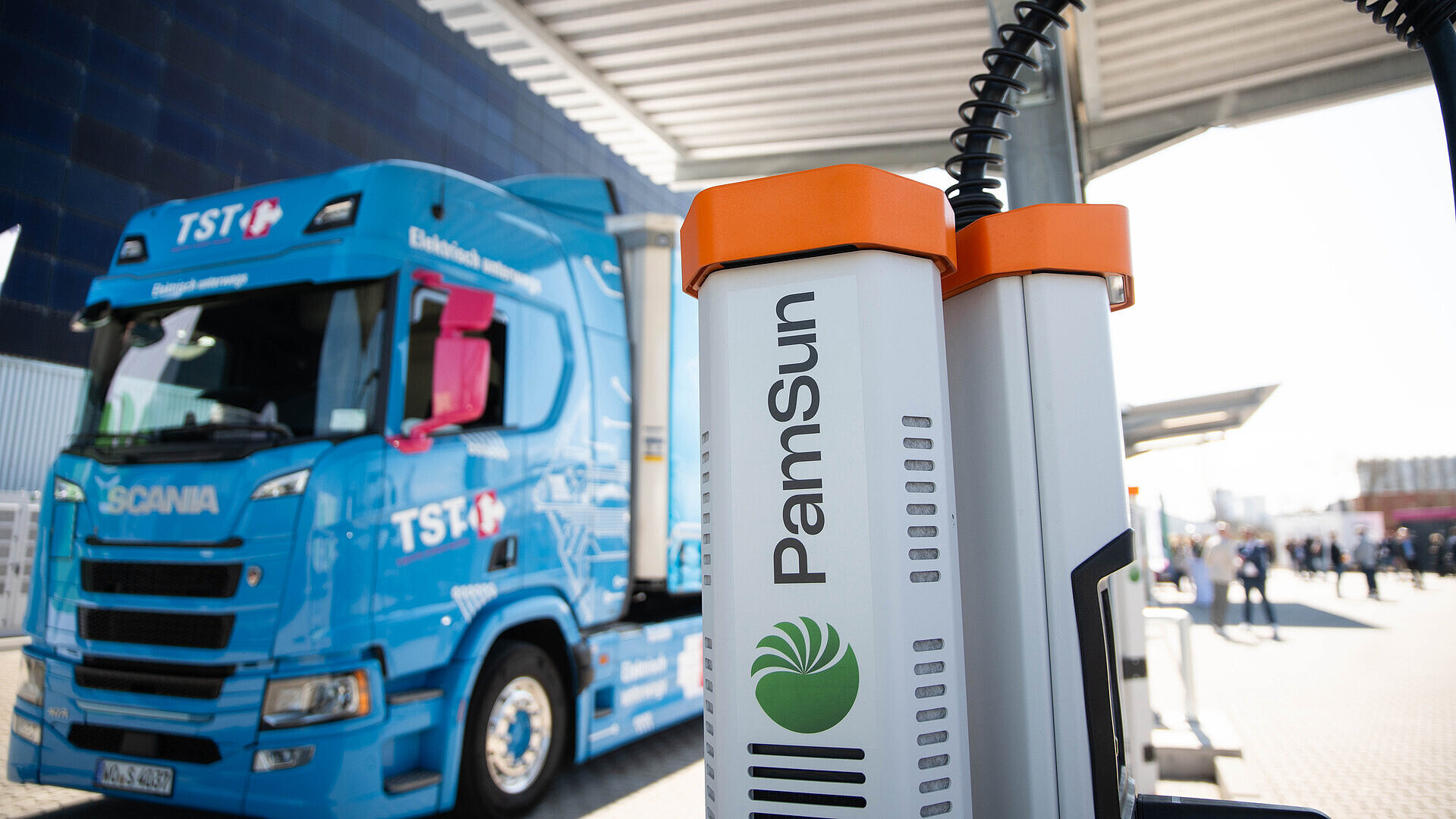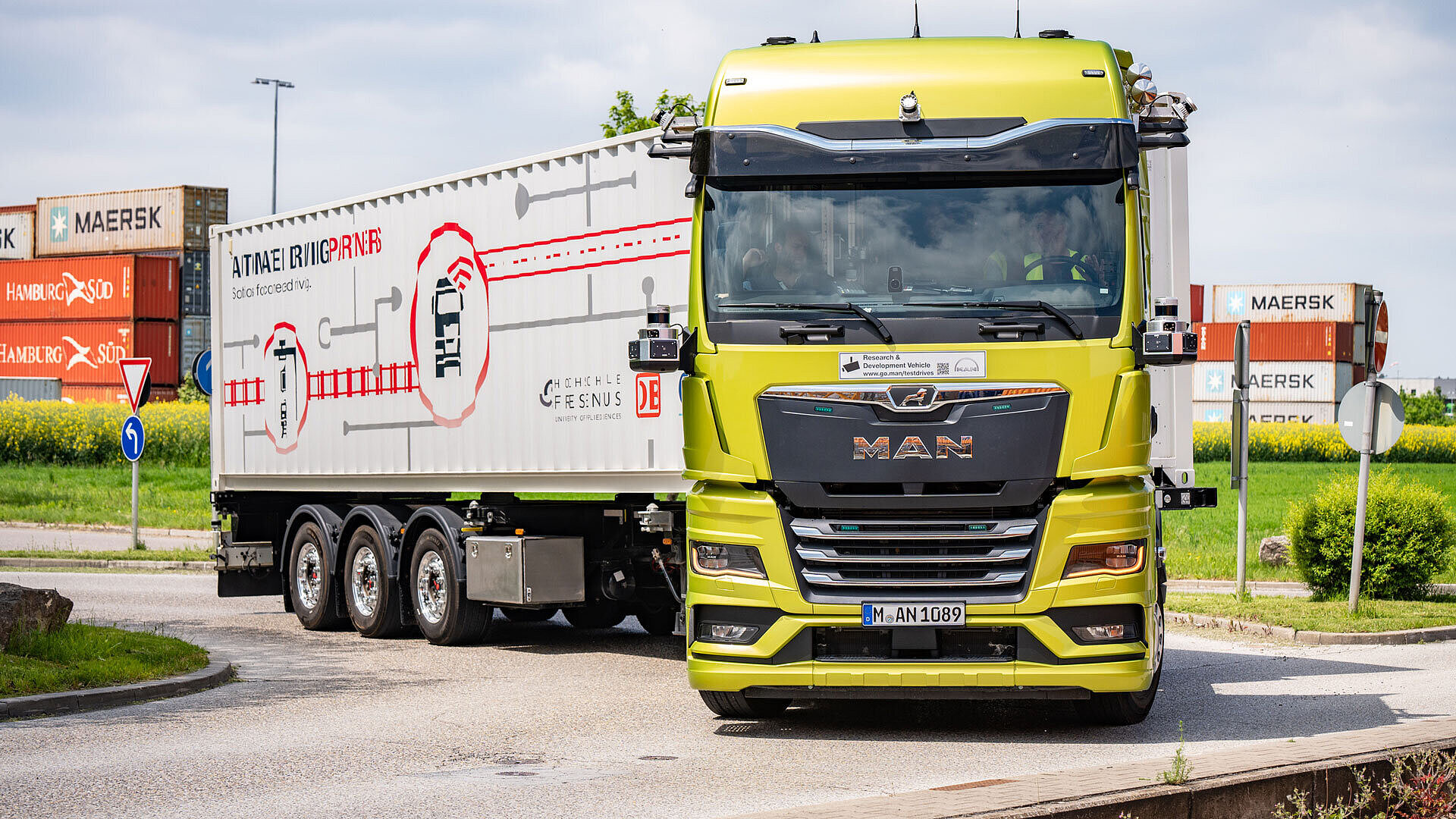
90 per cent of German truck drivers are stressed

Nine out of ten German professional drivers (90 per cent) state that work-related stress has a negative impact on their own driving behaviour. In addition, 62 per cent are of the opinion that stress is generally a risk factor for more dangers on the road. These are the findings of the current paper ‘The Unseen Toll: Driver Stress and Road Safety’, for which the market research institute Opinion Matters surveyed 3,500 lorry and van drivers in Germany, France, Ireland, Italy, the Netherlands, Spain and the United Kingdom on behalf of Geotab, a provider of solutions for connected vehicles.
In relation to all European countries surveyed, almost all participants (95 per cent) think that the risk of accidents has increased in the last five years, while 61 per cent even describe this increase as ‘strong’ or ‘clearly noticeable’. In Europe, as many as 70 per cent of respondents stated that stress would lead to increased dangers on the roads.
High work pressure apparently favours stress at the wheel. Half of all drivers surveyed (50 per cent on average) admitted that they regularly have to exceed speed limits in order to complete jobs on time. This is most frequently the case in Ireland (64 per cent), the Netherlands (62 per cent) and Germany (59 per cent). In addition, almost two thirds of respondents (64 per cent on average) stated that heavy traffic or roadworks make their work more difficult. At 60 per cent, Germany is slightly below average here.
Dangerous behaviour on the road
According to the European drivers surveyed, the most frequently observed danger in road traffic is the distraction of other drivers by mobile phones (42 per cent). This behaviour was particularly common in Italy (59 per cent) and Spain (53 per cent). Other frequently mentioned problems were generally poor driving behaviour by other road users (37 per cent) and excessive speeds of other vehicles (36 per cent). Among the German respondents, the risky driving behaviour of cyclists (36 per cent) was particularly emphasised.
In view of the high pressure of everyday working life, many drivers do not feel sufficiently supported by their employers. More than half (55 per cent) do not feel comfortable asking their employer for support with stress and other mental health problems. The highest figure here is found in Ireland with 66 per cent, followed by Germany with 60 per cent. This is also reflected in the fact that across Europe, more than a third (37 per cent) state that their employer offers little or no support - particularly in Spain (50 per cent) and Italy (44 per cent). Germany fares slightly better here, although a quarter of respondents in this country also stated that their employers provide little or no support.
The effects of the pressure are clear: almost half of those surveyed in Europe (47 per cent) have thought about quitting their job in the last twelve months (in Ireland the figure is as high as 66 per cent, with Germany in second place at 54 per cent). These figures are worrying, as there are currently more than 200,000 unfilled lorry driver positions in Europe and this number is expected to rise to 745,000 by 2028, according to McKinsey.
Support through technology
Looking to the future, more than two thirds (69 per cent) of all drivers surveyed are in favour of using technology to improve performance. In Germany, there is still a little more reluctance, and the country is slightly below average at 62 per cent. The results clearly emphasise the need for action: greater investment is required in driver support, stress management and the development of a sustainable safety culture.
The shortage of drivers could become a serious problem for the growth of the entire German economy in the coming years. There is currently a shortage of around 70,000 drivers – and this figure is rising. Countermeasures are urgently needed. Today, an expert forum will discuss how the working environment can be improved to counteract staff turnover, increase motivation and make the profession more attractive to young people. (rok)
Motivation for drivers – reducing turnover, increasing motivation, inspiring young talent, Wednesday, 3-4 p.m., A3.240



